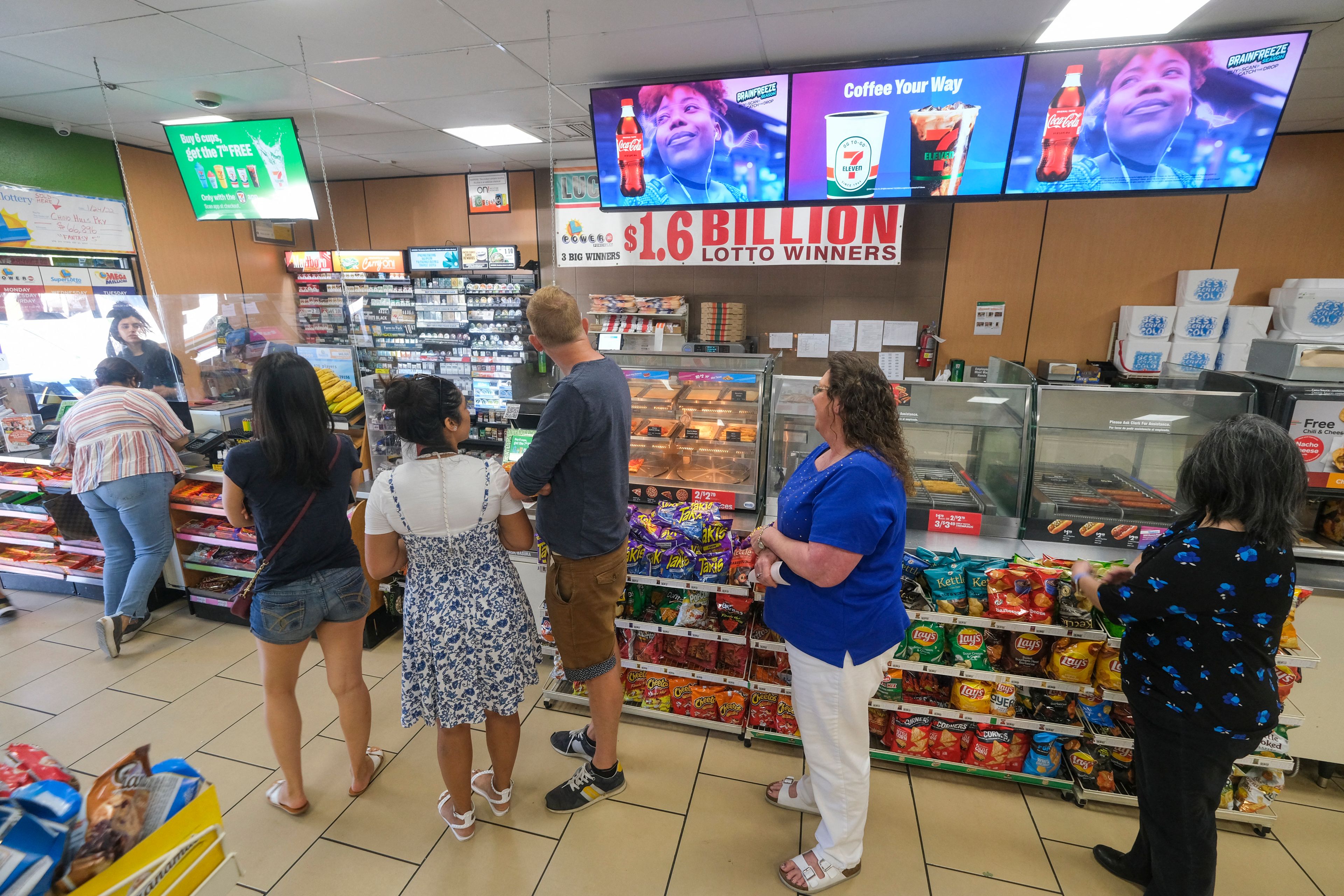How Do People Get Caught With CP: Understanding The Risks And Legal Consequences
In today's digital age, the sharing and distribution of CP (child pornography) has become a deeply concerning issue that affects societies worldwide. Understanding how individuals get caught with CP is crucial in preventing illegal activities and ensuring the protection of children. This article will delve into the mechanisms used by law enforcement agencies, the legal consequences, and the ethical considerations surrounding this sensitive topic.
The internet has transformed the way we communicate and share information, but it has also created avenues for illegal activities such as CP distribution. It is essential to educate ourselves and others about the dangers associated with these activities and the measures in place to combat them.
This comprehensive guide aims to provide valuable insights into how people get caught with CP, the technologies employed by authorities, and the importance of staying on the right side of the law. By understanding these aspects, we can work together to create a safer online environment for everyone.
Read also:Herndon Friday Night Live Your Ultimate Guide To Unforgettable Nights
Table of Contents
- What is CP?
- Legal Definitions and Classifications
- Methods of Detection: How Do People Get Caught with CP?
- Technology and Tools Used in Detection
- Legal Consequences of CP Possession and Distribution
- Law Enforcement Efforts and Agencies Involved
- Prevention and Education
- Ethical Considerations and Challenges
- Global Cooperation in Combating CP
- Conclusion and Call to Action
What is CP?
CP refers to any visual depiction involving the use of a minor engaging in sexually explicit conduct. This includes photographs, videos, and digital images. The production, distribution, and possession of CP are illegal under international and national laws.
The impact of CP extends beyond legal implications. It causes severe harm to the victims involved and perpetuates a cycle of abuse and exploitation. Understanding the nature of CP is the first step in addressing this issue effectively.
Legal Definitions and Classifications
Defining CP Under the Law
Laws regarding CP vary by jurisdiction, but most countries classify it as any material depicting minors in sexually explicit situations. The age of consent and specific definitions may differ, but the core principles remain consistent.
For example, in the United States, CP is defined under federal law as any visual depiction of a minor engaging in sexually explicit conduct. This includes computer-generated images that appear to involve minors.
Classifications of CP
- Production: Creating CP materials.
- Distribution: Sharing or selling CP materials.
- Possession: Owning or storing CP materials.
Each classification carries its own set of penalties, with production typically being the most severe offense.
Methods of Detection: How Do People Get Caught with CP?
Law enforcement agencies employ various methods to detect individuals involved in CP-related activities. These methods range from advanced technology to undercover operations.
Read also:Indonesian Coffee Sf A Brewed Experience In The Heart Of San Francisco
Internet Service Providers (ISPs)
ISPs play a critical role in identifying suspicious activities. They monitor user behavior and report any potential CP-related activity to authorities. This includes analyzing metadata and identifying patterns of illegal downloads or uploads.
Online Platforms and Social Media
Major online platforms and social media companies have implemented strict policies to detect and remove CP content. They use algorithms and artificial intelligence to flag suspicious content and notify law enforcement agencies.
Technology and Tools Used in Detection
Modern technology has significantly enhanced the ability of authorities to detect CP-related activities. Tools such as hash matching, image recognition, and digital forensics are instrumental in this process.
Hash Matching
Hash matching involves comparing the digital signature of a file against a database of known CP materials. If a match is found, the file is flagged for further investigation.
Image Recognition
Advanced image recognition software can analyze visual content to identify potential CP materials. This technology is continuously evolving to improve accuracy and efficiency.
Legal Consequences of CP Possession and Distribution
The legal consequences of CP-related activities are severe and can have long-lasting effects on individuals. Penalties include imprisonment, fines, and mandatory registration as a sex offender.
Penalties for Possession
- Imprisonment: Sentences can range from several years to life imprisonment, depending on the severity of the offense.
- Fines: Substantial financial penalties may be imposed.
Penalties for Distribution
Distributing CP carries even harsher penalties, as it involves actively spreading harmful material. Offenders may face extended prison terms and additional restrictions on their freedom.
Law Enforcement Efforts and Agencies Involved
Law enforcement agencies worldwide are dedicated to combating CP through collaboration and resource sharing. Organizations such as INTERPOL and the National Center for Missing and Exploited Children (NCMEC) play vital roles in this effort.
INTERPOL's Role
INTERPOL facilitates international cooperation by sharing intelligence and coordinating operations across borders. This global approach is essential in addressing the transnational nature of CP.
NCMEC's Contribution
The NCMEC operates a tip line for reporting suspected CP activity and provides resources for victims and their families. Their efforts have led to numerous successful investigations and rescues.
Prevention and Education
Preventing CP-related activities requires a multifaceted approach that includes education, awareness campaigns, and community involvement. By educating the public about the dangers of CP, we can reduce the demand for such materials.
Awareness Campaigns
Governments and non-profit organizations conduct awareness campaigns to inform the public about the risks associated with CP. These campaigns emphasize the importance of reporting suspicious activities and seeking help for those struggling with addiction.
Community Involvement
Community members can play an active role in preventing CP by staying vigilant and reporting any suspicious behavior to the authorities. Encouraging open discussions about internet safety and responsible online behavior is also crucial.
Ethical Considerations and Challenges
The fight against CP raises important ethical considerations, such as privacy concerns and the potential for misuse of detection technologies. Striking a balance between protecting individuals' rights and combating illegal activities is a complex challenge.
Privacy Concerns
Monitoring online activities to detect CP can raise privacy concerns. It is essential to ensure that these measures are implemented responsibly and with proper oversight to avoid infringing on individual rights.
Technology Misuse
There is a risk that detection technologies could be misused for other purposes. Safeguards must be in place to prevent abuse and ensure that these tools are used solely for their intended purpose.
Global Cooperation in Combating CP
CP is a global issue that requires a united response from all nations. International cooperation is essential in sharing intelligence, resources, and best practices to combat this problem effectively.
Sharing Intelligence
Law enforcement agencies around the world share intelligence to track down offenders and rescue victims. This collaboration has led to numerous successful operations and arrests.
Resource Sharing
Pooling resources and expertise allows countries to maximize their efforts in combating CP. Training programs and technology exchanges are examples of how nations can work together to achieve common goals.
Conclusion and Call to Action
In conclusion, understanding how people get caught with CP is crucial in preventing illegal activities and protecting children from harm. By leveraging technology, strengthening laws, and promoting education, we can create a safer online environment for everyone.
We urge readers to take action by staying informed, reporting suspicious activities, and supporting organizations dedicated to combating CP. Together, we can make a difference and ensure a brighter future for all.
Feel free to leave your thoughts in the comments section below or explore other articles on our website for more information on related topics.


